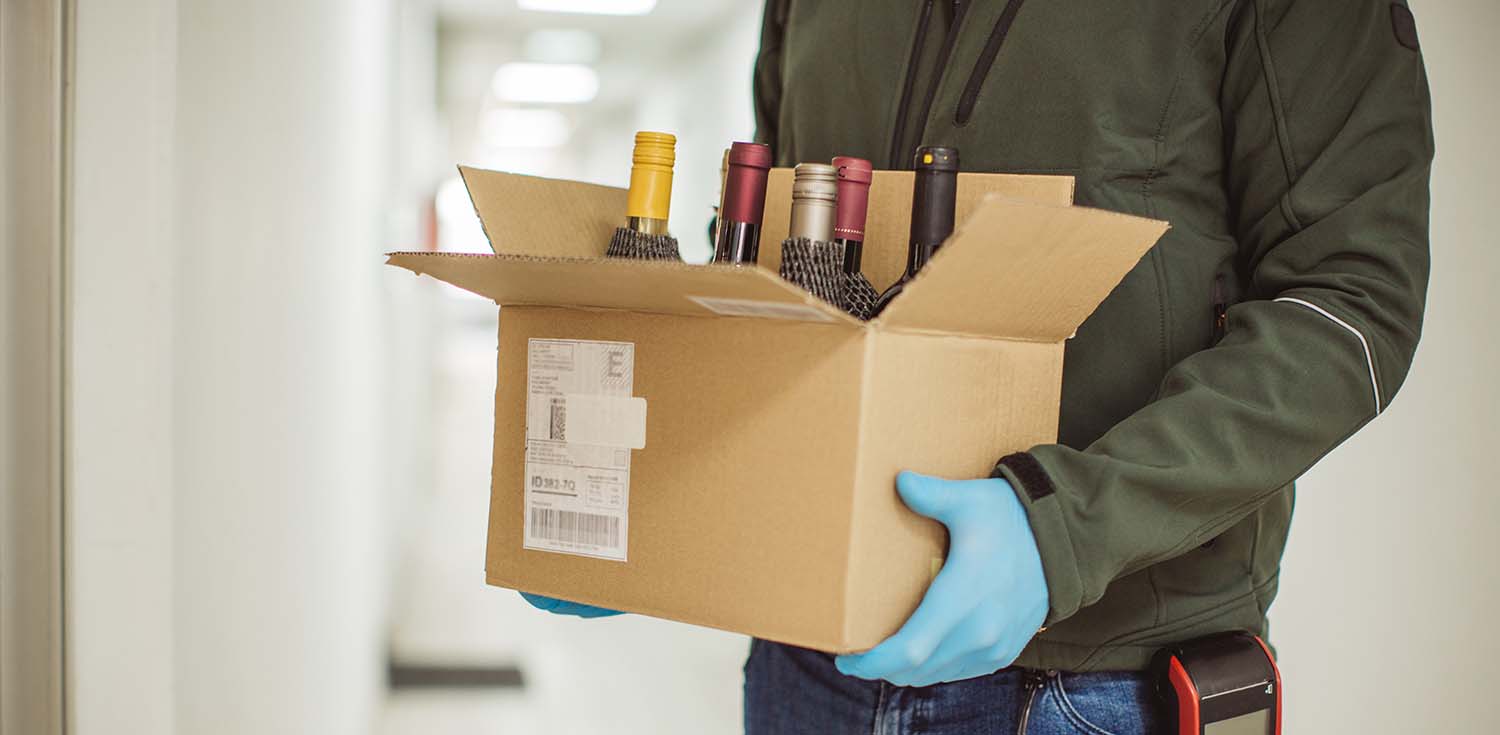Everyone should have the opportunity to be healthy, safe and free from the harms that alcohol causes to families and communities. At the moment, alcohol causes harm to far too many Australians through contributing to chronic diseases, family violence, self-harm and suicide. Alcohol harm is exacerbated by the online sale and delivery of alcohol, which has vastly increased availability and accessibility, creating unique risks to community health and safety.
Most of Australia’s regulatory environment for the sale of alcohol was designed for brick-and-mortar stores. The checks and balances that the community expects to be in place, such as age verification, responsible service of alcohol and community consultation and engagement on new liquor licences, are largely non-existent when it comes to the online sale and delivery of alcohol.
We reviewed the current state of the online sale and delivery of alcohol in Australia and found:
- Alcohol companies have ineffective processes to ensure alcohol is not sold online or delivered to people who are intoxicated or to children, with research showing companies and retailers are delivering alcohol to people who are intoxicated and to young people without adequate identification checks.
- Alcohol companies are advertising their products using discounts and bulk buy options for purchasing alcohol online, which encourages higher-risk alcohol use.
- Online alcohol retail in Australia is dominated by two major companies – Endeavour Group and Coles. Together they comprise 60 per cent of online alcohol revenue.
- Online alcohol retail sales have almost quadrupled from 2012 ($539 million) to 2022 ($2.0 billion). The revenue from online alcohol sales is forecasted to grow at an annual rate of 10.6 per cent by 2026-27.
- In 2020, one in 10 Australians who bought takeaway alcohol purchased it online – a threefold increase from 2019. It is estimated that one in six Australians who drink alcohol purchased it via delivery.
- Research shows when companies deliver alcohol rapidly within two hours, it is associated with riskier levels of drinking. For example, a 2020 FARE survey found that 70 per cent of Australians who had alcohol rapidly delivered to them had more than 4 standard drinks that day, and 38 per cent had more than 10 standard drinks.
- Currently, South Australia, New South Wales, Victoria and Western Australia have introduced detailed legislation that specifically aims to address some of the risks and harms from online alcohol sale and delivery. But these laws do not go far enough to protect the community.
- Evidence-based policies are required to prevent harms from the online sale and delivery of alcohol. This will prevent harmful practices by alcohol companies from affecting the health and wellbeing of our community.







